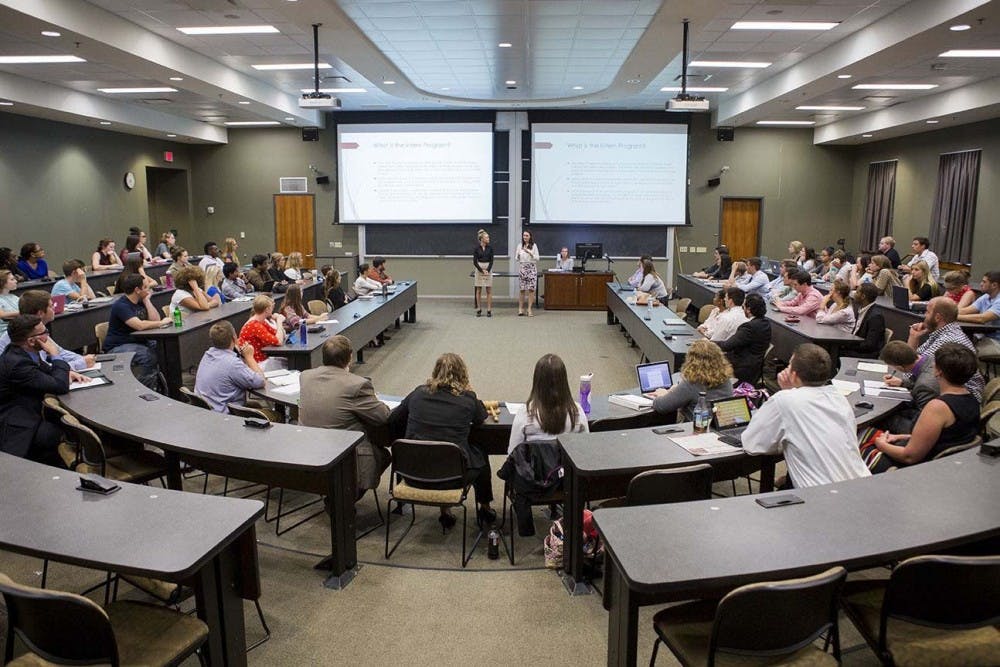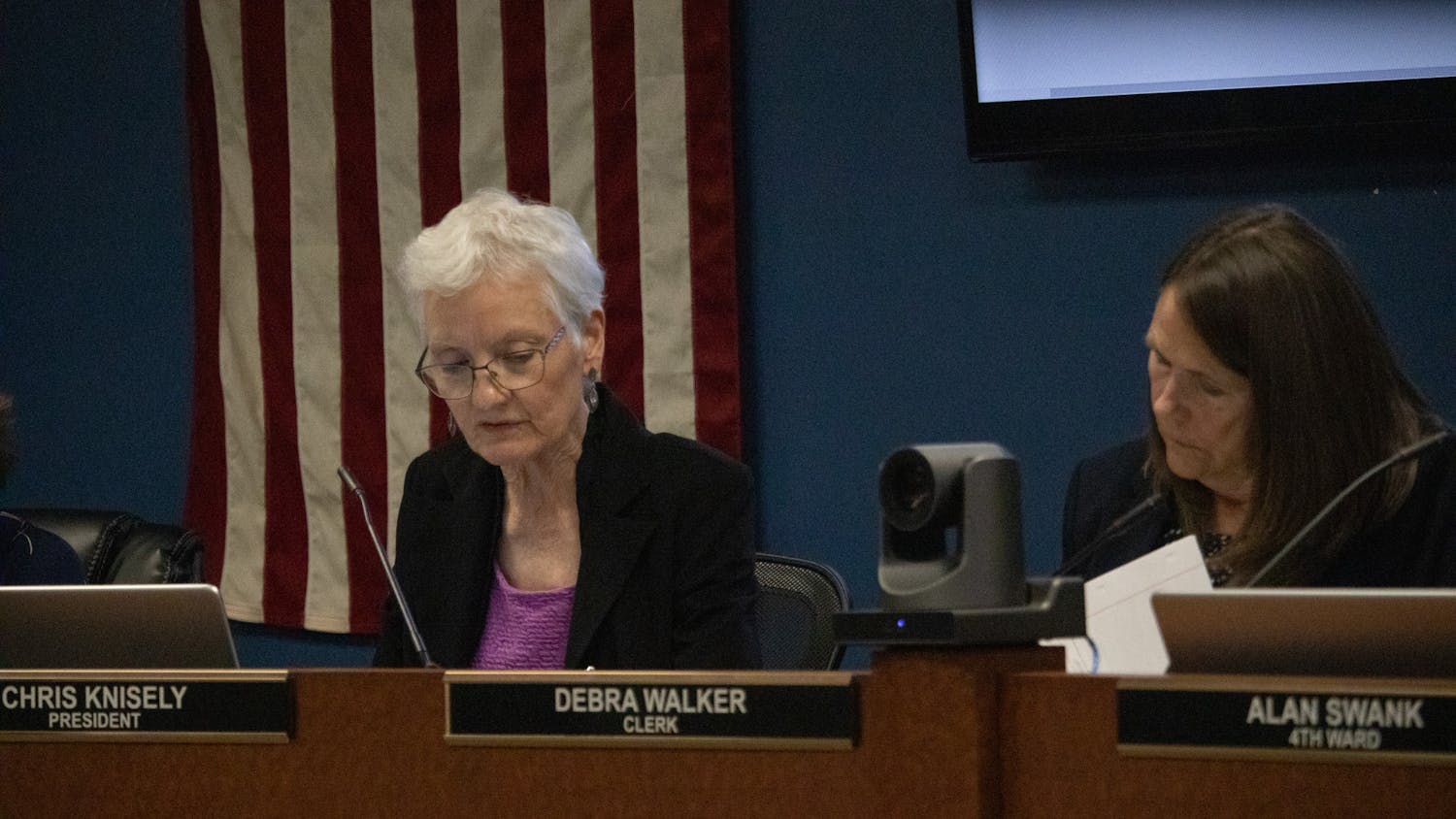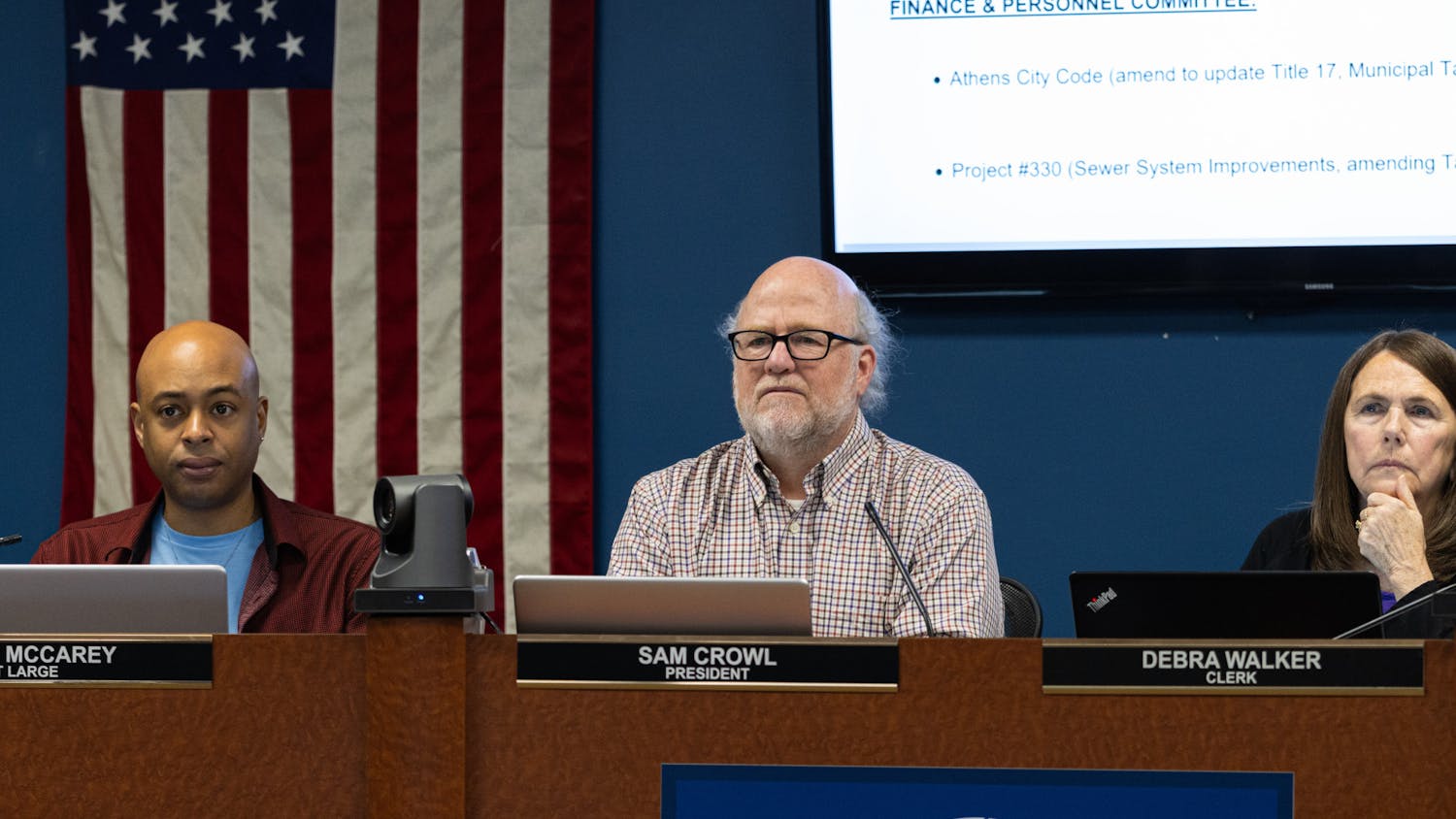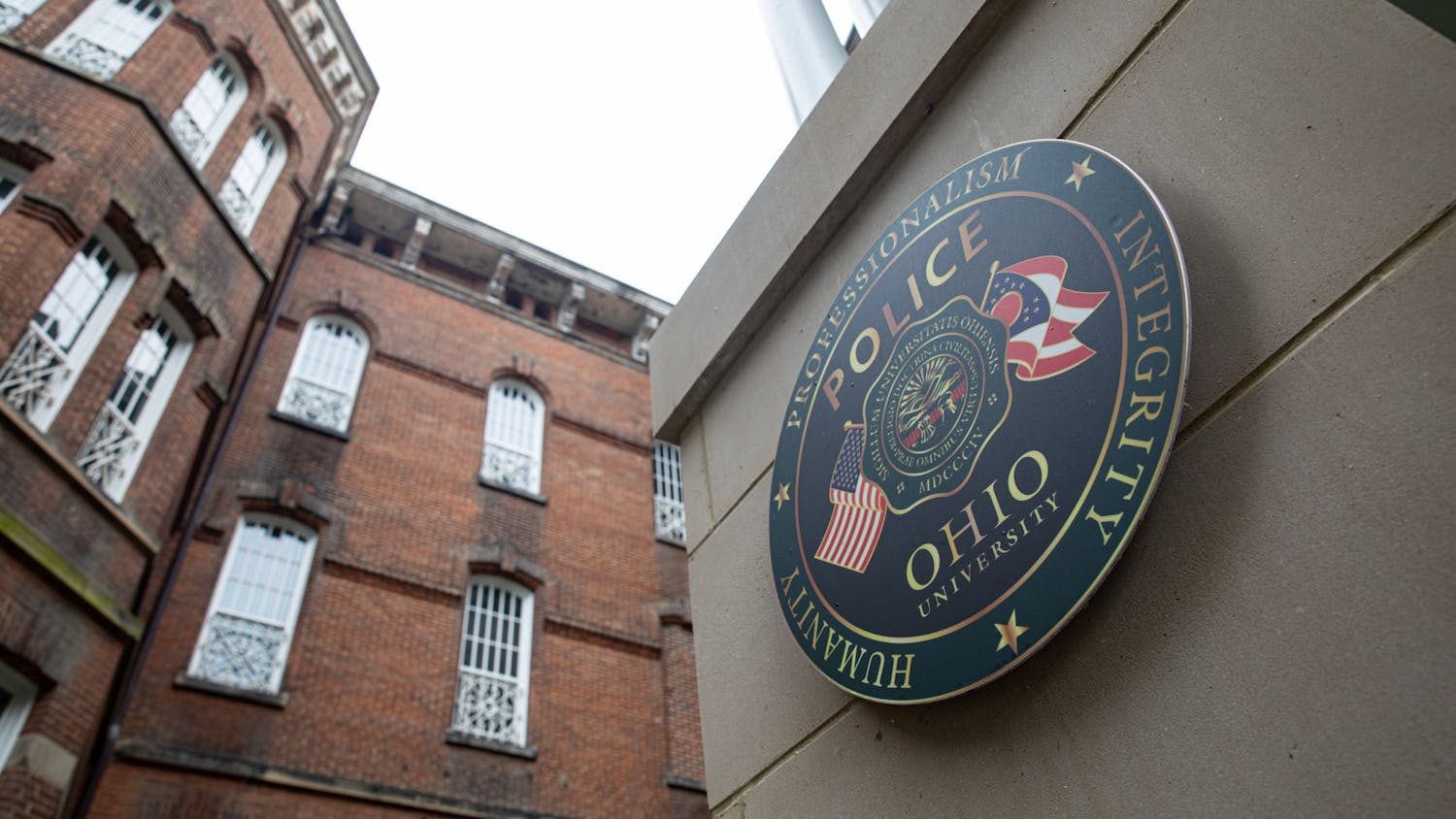Student Senate voted against a resolution that would have allowed students to vote on a more directly democratic senate structure.
The Ohio University student body will not have the opportunity to vote on the the structure of their student government this fall as some Student Senate members had hoped.
The resolution to allow an OU student body vote on a more directly democratic senate structure failed with a division of 33 votes in opposition, seven votes in favor and five abstentions.
“I think the proposal had a lot of good ideas, but it seemed kind of idealistic to me,” Lukas Gamertsfelder, a junior studying playwriting and economics, said. “I don’t think students care as much as senate thinks they do.”
The body decided to relax its meeting rules to allow a more fluid, one-hour debate for members to express their opinions, questions or concerns about the resolution.
“It started out very bureaucratic and formal, but then when the main issue was raised people were confused; they were extremely redundant and the proponents of the bill didn’t know how to answer some questions,” Nicole Riker, a junior studying history pre-law, said.
Had the resolution passed, it would have allowed students to vote in October to create academic unions, where students would vote directly on senate issues.
{{tncms-asset app="editorial" id="f3ab52a8-51aa-11e5-ab8c-b7b0f4088465"}}
Commissioners raised concerns about the charter, the proposed document, which would provide the guidelines for a directly democratic senate, and its failure to limit the voting power of students who identify with many different commissions and academic colleges.
According to the charter, a student could attend any number of commission meetings and their academic college meeting and potentially gain voting rights in each of these unions.
“I’m black and I’m a woman and I’m also a first generation student, which falls under minority affairs, so would I essentially have three votes?” Brittany Mitchell, Black Affairs Commissioner, said during the discussion. “And I’m also a part of the college of arts and sciences so would I have four votes? And what If I was LGBT? I would have five votes then?”
“What if I am just a straight white male? I can only have one vote,” Sasha Estrella-Jones, Minority Affairs Commissioner, said. “From that student’s point of view it’s not fair, because you have one student with a passion who can identify with multiple things, and that gives them more political power.”
Additional concerns focused on items left out of the charter, “The proposal itself seemed deeply flawed and incomplete and I don’t think it was even ready to go to a vote,” Riker said.
Following the vote, several members who voted in favor of the resolution left the meeting immediately before it was adjourned.
@mayganbeeler
mb076912@ohio.edu






